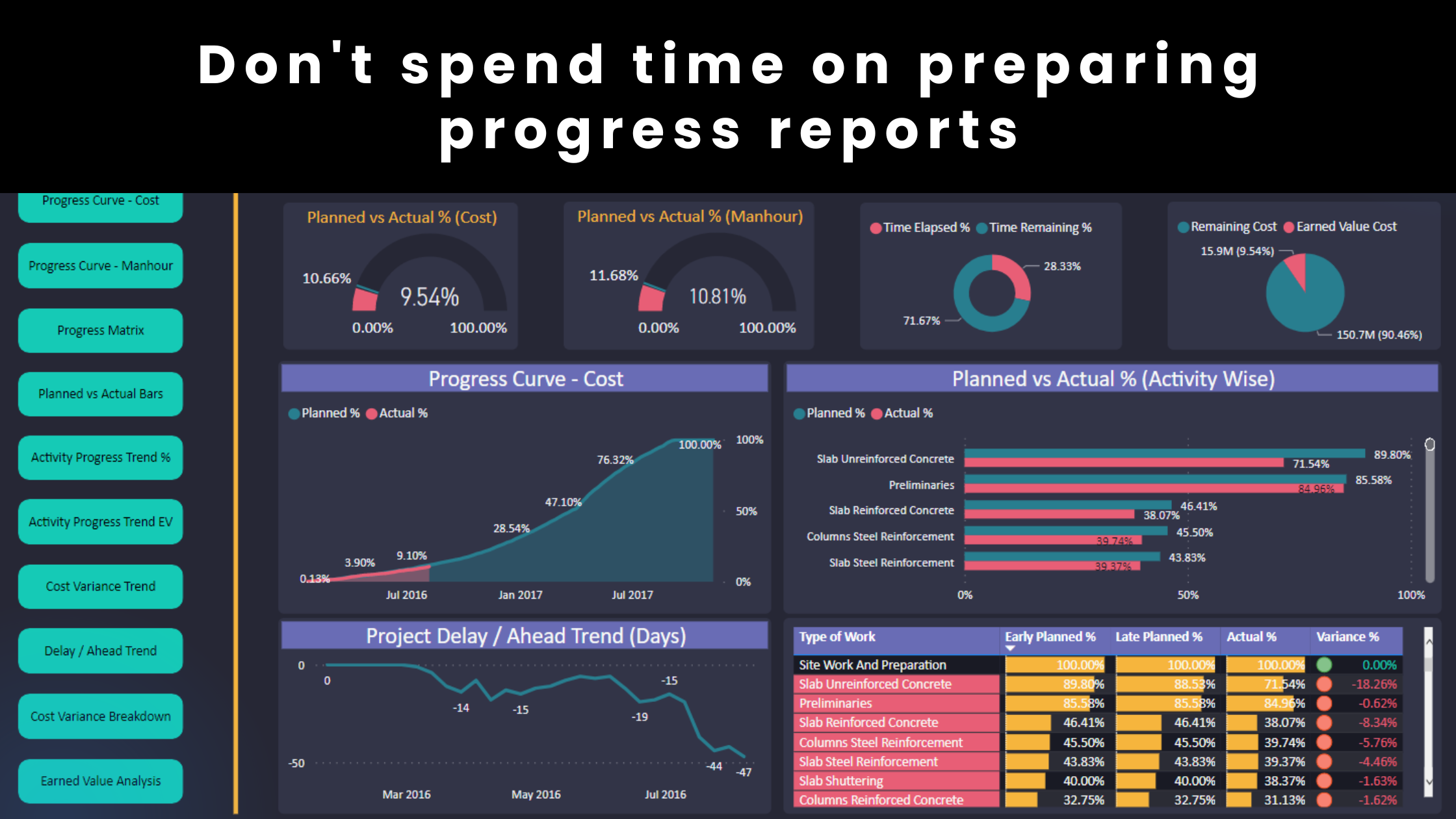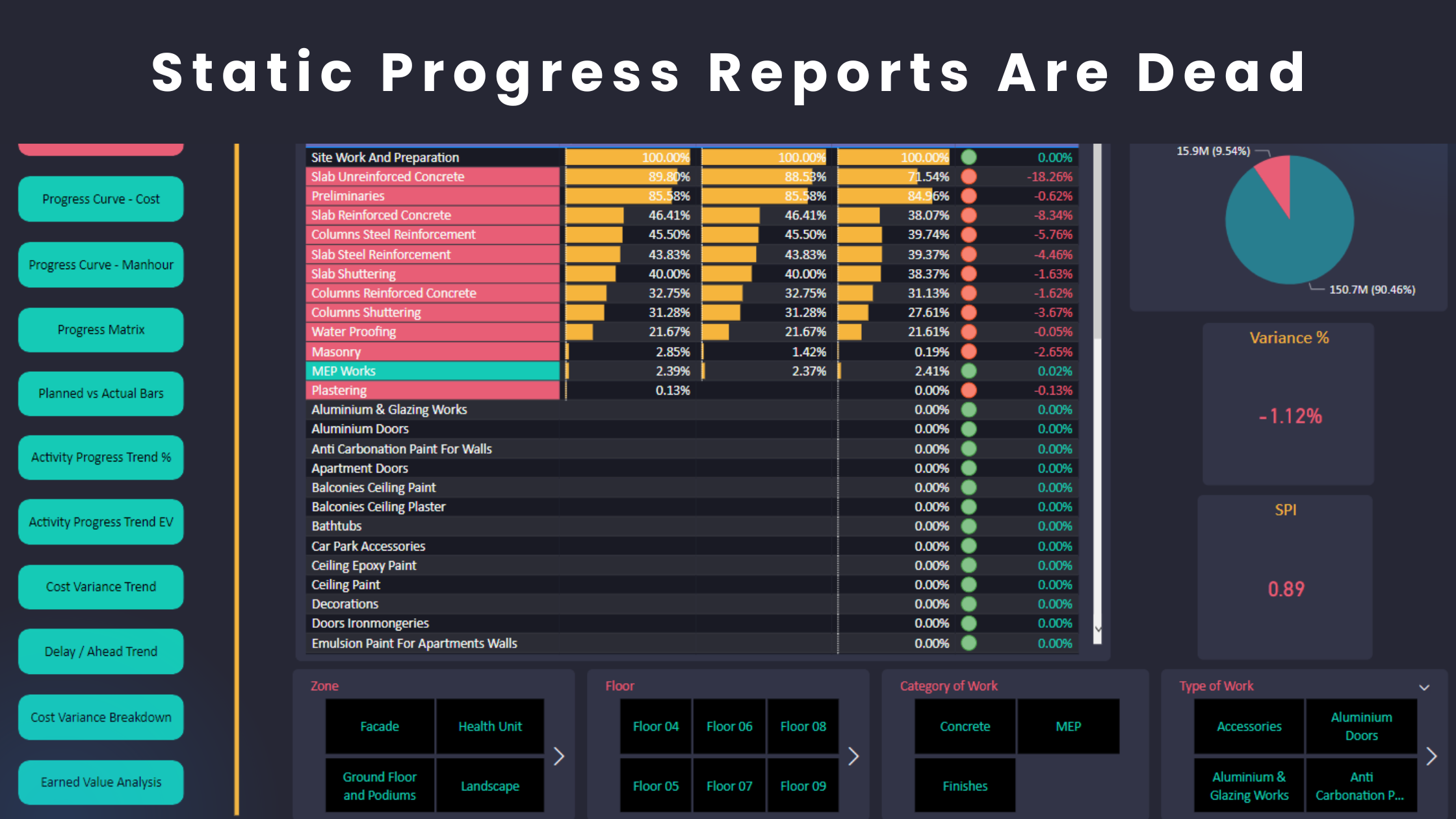When planning engineers conduct delay analysis and prepare an extension of time claims, they often face confusion about mitigating excusable delays. They struggle with demonstrating their mitigation efforts within the claim. While they attempt to evaluate the delay impact and request a corresponding time extension, most modern contracts require the Contractor to mitigate excusable delays. In this article, I explore 20 strategies contractors can use to mitigate excusable delays and effectively present their mitigation efforts in the claim. Discover key steps that can protect your project timelines and strengthen your claim.
1- Early Notification
Most modern contracts give the Contractor 30 days after the event has first arisen to submit the notice. However, the Contractor can notify the Client immediately once the delay is identified to allow for quicker resolution and planning instead of waiting for as long as the Contract allows to notify the Client. Make sure to show this effort in the event chronology.
2- Alternative Resource Allocation
Reallocate labor, equipment, and materials from less critical areas to the delayed project activities to reduce impacts. Explain this effort in your reports, correspondences, MOM and other communications.
3- Acceleration of Remaining Work
Increase the number of shifts, work overtime, or expedite materials delivery to make up for lost time. However, the Contractor is not expected to incur additional costs to mitigate the excusable delays unless this is directed from and reimbursed by the client.
4- Engage Additional Subcontractors
Bring in extra subcontractors to handle specific or specialized activities to speed up the work that has been delayed.
5- Re-sequence Work Activities
Modify the sequence of planned work so that delayed activities can be carried out in parallel with unaffected tasks. You can also develop a recovery plan to present the mitigation effort. Contractors can explain how the implementation of these techniques mitigated the delay throughout the project. However, you must be very careful when you communicate any intended effort to mitigate the delay to the client. In my opinion, the contractor should not submit a recovery plan if the excusable delays are significant. Submitting a recovery plan demonstrates the feasibility or possibility of completing the project on time. The problem is that Contractors sometimes prepare unrealistic recovery plans with the sole purpose of responding to the client’s request even though it is not feasible to complete the project on time anymore. This can be used against the Contractor when the claim outcomes are negotiated.
6- Procurement Adjustments
Expedite the procurement process to get materials, equipment, or permits delivered faster, compensating for lost time.
7- Increase Communication and Coordination
Enhance coordination and communication between project stakeholders to ensure timely decision-making during delays. Although regular communication is expected throughout the project, contractors are expected to “increase” the frequency of communication regarding the delay events to allow for quicker resolution.
8- Optimize On-site Logistics
Rearrange site logistics to ensure that resources and materials are available as soon as needed to avoid further disruptions.
9- Adopt Technological Solutions
Use advanced construction technology, like BIM (Building Information Modeling) or drones, to speed up inspections or updates.
10- Negotiate Early Deliveries
Negotiate with and request the suppliers/subcontractors to expedite the delivery of critical materials or equipment. You can attach these communications as a part of the claim supporting documentation to show your mitigation effort.
11- Optimize Workforce Productivity
Conduct internal meetings with the site team to enhance workforce productivity, reducing the time it takes to recover from the delay. You can attach the MOMs of these internal meetings as a part of the claim supporting documentation to show your mitigation effort.
12- Weather Contingency Planning
Plan the completion of critical outdoor activities to be completed outside the adverse weather season (e.g. the heavy snowfall during winter in Canada or the summer heat in the UAE.)
13- Collaboration with the consultant
Engage closely with the consultant to fast-track approvals. Discuss the delayed activities in the progress meetings and through official correspondences.
14- Fast-Track Design Changes
Collaborate with the consultant to implement necessary changes more quickly, reducing design-related delays (RFIs, request to conduct technical meetings, etc).
15- Early Submission of Documentation
Submit documentation, such as permits or approvals, earlier than required to avoid processing delays.
16- Anticipate and Plan for Seasonal Delays
Implement seasonal planning measures for potential disruptions by adjusting the work schedule around high-risk periods (e.g. expected low productivity and fewer working hours during Ramadan).
17- Use of Contingency Planning
Have contingency plans in place to address possible delays such as pre-arranged contracts with backup suppliers or subcontractors (e.g. Show that you have shortlisted three suppliers who are prepared to execute the related scope if the main supplier fails to meet the contract requirements.)
18- Expedited Inspection and Testing
Arrange for expedited inspections or testing to ensure that quality checks do not cause unnecessary delays. Collaborate closely with the consultant to perform inspections and obtain approvals to avoid further delays. Show this effort in the claim.
19- Update and Use Advanced Analytics System
Implement advanced reporting systems to predict and model potential delays, allowing proactive adjustments to the project timeline. Advanced project control systems allow for a quicker and more effective analysis which will support decision-making.
20- Engage in Collaborative Dispute Resolution
Use collaborative approaches like mediation with the client to quickly resolve disagreements over delays and minimize the potential impact on project progress. you don’t need to wait until the project ends to work with a mediator. If there is a dispute throughout the project, a mediator can help the contract parties settle disputes and save a lot of potential time and cost.
Conclusion
Mitigating schedule delays, even when they are beyond a contractor’s reasonable control, is critical for maintaining project integrity and protecting the claim effort. By proactively documenting delays and collaborating with stakeholders, contractors can demonstrate their commitment to minimizing impacts and avoiding potential disputes. Effective delay mitigation ultimately benefits all parties involved and contributes to the successful completion of projects.
Regards,
Osama Saad, MBA, PMP, PSP, CCP, PMI-SP
Learn More!










